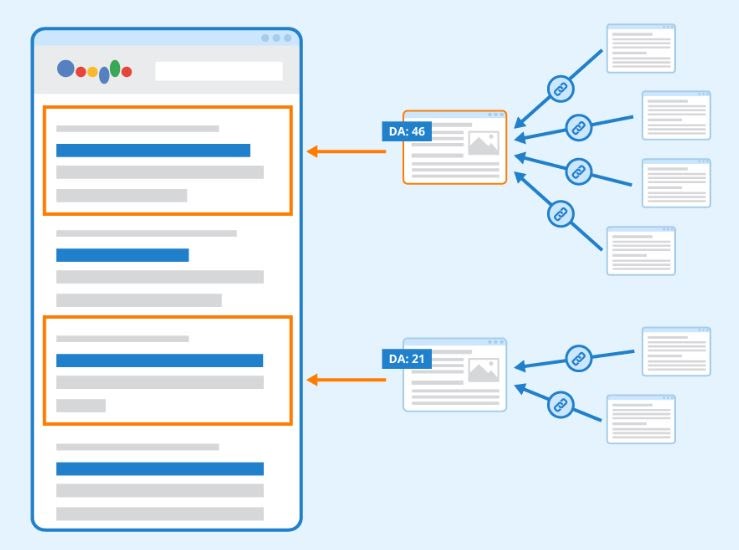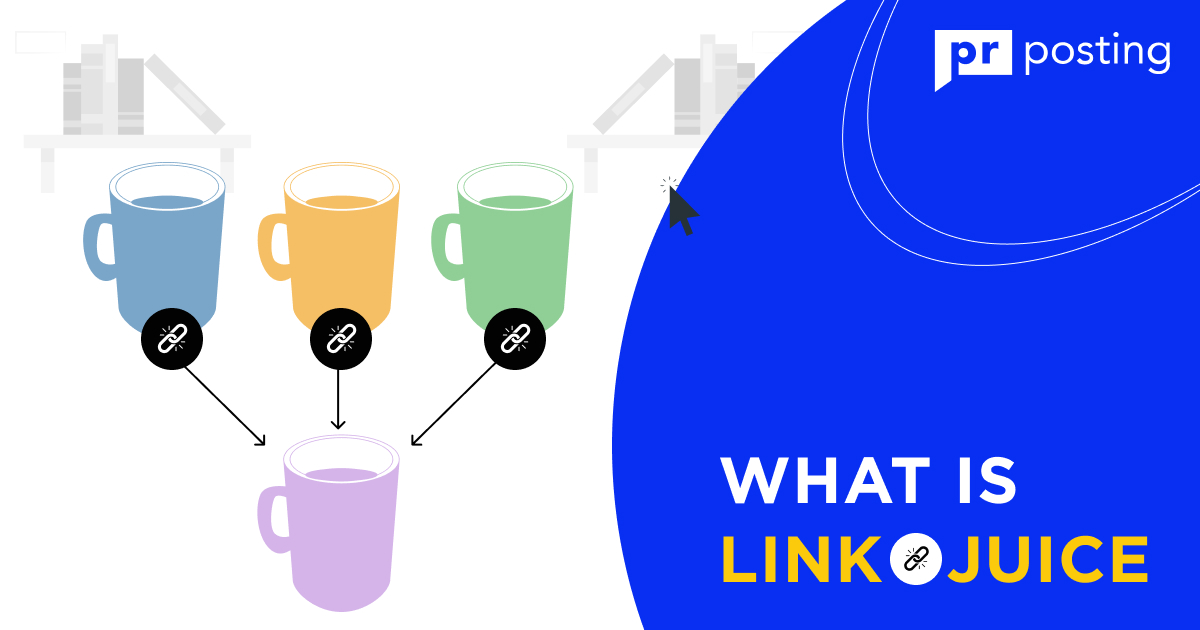In the world of Search Engine Optimization (SEO), two terms often come up in discussions about ranking well on search engine results pages (SERPs): "link juice" and "quality content." While both play crucial roles in determining your website's visibility, they serve different purposes and require a balanced approach for maximum effectiveness. Understanding the distinction and interdependence of these factors is key to a successful SEO strategy.
What is Link Juice?
link juice vs quality content refers to the SEO value or authority that a website gains through backlinks from other sites. When a high-authority website links to your content, it passes some of its authority to your site, helping to improve your rankings on search engines like Google. Essentially, link juice is a measure of the power or credibility that links provide to the linked website. The concept of link juice can be traced back to Google's PageRank algorithm, which evaluated the importance of web pages based on the quantity and quality of backlinks. Pages with more inbound links from reputable sources were considered more authoritative and thus ranked higher in search results. Although SEO algorithms have evolved, backlinks remain a significant factor in determining page authority. Benefits of Link Juice:- Increased Domain Authority: Backlinks from reputable sources raise your domain authority, making it easier for other pages on your site to rank.
- Improved SERP Ranking: The more quality backlinks you have, the better your chance of ranking higher for competitive keywords.
- Referral Traffic: Links from other sites can bring in more direct traffic, which in turn signals search engines that your content is relevant and valuable.
What is Quality Content?
Quality content, on the other hand, refers to well-crafted, engaging, informative, and original material that serves the needs of your audience. Search engines like Google use complex algorithms to assess the relevance and usefulness of content. High-quality content answers the searcher’s intent, provides a positive user experience, and keeps visitors on the site longer, which are critical factors in ranking higher. In today's SEO landscape, content is often hailed as king. But it’s not just about keyword stuffing; quality content means producing well-researched articles, blog posts, infographics, videos, and more that provide genuine value. Good content gets shared, sparks discussions, and most importantly, attracts organic backlinks from other sites. Benefits of Quality Content:- User Engagement: Quality content keeps visitors on your site longer, reducing bounce rates and increasing the likelihood of conversions.
- Organic Backlinks: If your content is informative and authoritative, other websites will naturally want to link to it, increasing your link juice.
- Higher SERP Ranking: Search engines prioritize pages that deliver value to users. Good content satisfies both search engines and readers, improving your chances of ranking.
Link Juice vs. Quality Content: A Synergistic Relationship
While link juice and quality content can be seen as separate entities, they are inextricably linked in practice. Quality content serves as the foundation upon which link-building efforts rest. Without valuable content, you will struggle to earn backlinks from reputable sites. Conversely, link juice can boost the visibility of your high-quality content, making it more likely to reach a broader audience. In short, link juice amplifies the impact of quality content, while quality content generates the link juice needed for SEO success. Focusing too much on one and neglecting the other can limit your overall potential.Balancing the Two
To achieve the best results, your SEO strategy should focus on both building link juice and creating quality content.- Create Shareable Content: Ensure your content is valuable, informative, and shareable. This increases the likelihood of it being linked to by other websites.
- Earn Backlinks Naturally: Focus on outreach to relevant sites, influencers, or industry leaders who can help amplify your content. Earning natural backlinks from trusted sources is always more effective than buying or artificially inflating your backlink profile.
- Diversify Your Content Types: Engage different types of media such as infographics, videos, and blogs. This not only enriches user experience but also increases the chances of earning backlinks from a variety of sources.
- Internal Linking: Spread your existing link juice by interlinking your content. This allows each page on your website to benefit from the authority of the others.
- Avoid Black-Hat SEO: Never engage in shady practices like buying links or participating in link farms, as these can lead to severe penalties from search engines.


